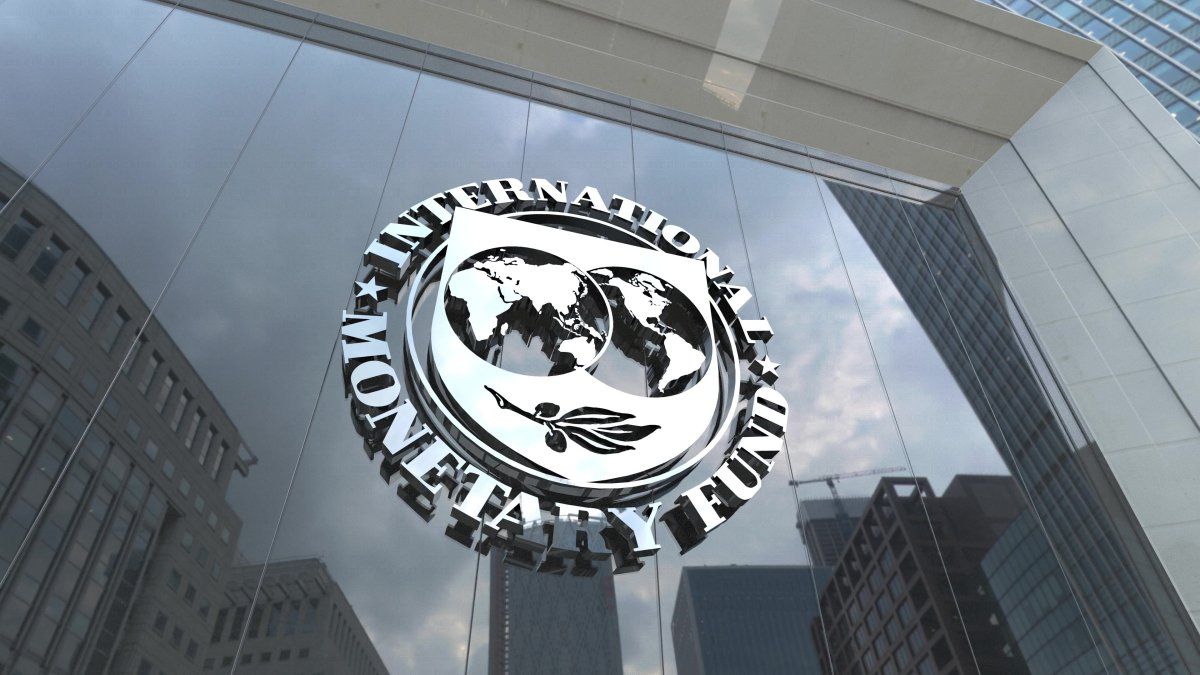He IMP greeted the Government measures to promote him use of dollars “under the mattress” and recalled that they must comply with the International laundering standards. “We are closely following the events on this subject and, of course, The team will be ready to provide an evaluation in due time”He said Julie Kozack before the question of Scope at a press conference in Washington.
The official stressed that the Argentine authorities “They have pledged to strengthen financial transparency and also align the framework for money laundering and terrorism financing (AML/CFT) of Argentina with international standards, as well as to deregulate the economy to promote its formalization ”.
In that sense, Kozack completed that “any new measure, including those that may be destined to promote the use of unstalled assets, must, of course, be consistent with these important commitments”
The extended facilities program
Something more than a month ago, the April 11the government announced A new extended facilities program With the International Monetary Fund (IMF) by U $20,000 million. It extends for 48 months with a period of 10 years to return the loan and 4 and a half years of grace of capital payments.
Among the most prominent aspects of the new understanding, the Argentine authorities pledged to make exchange policy more flexible. Thus, the adjustment schedule of 1% monthly of the official exchange rate to move on to a dollar flotation scheme within a band scheme.
“The policies of the government of President Javier Milei They continue to show impressive results“Kozcak said. And he completed that” the fund continues to support the authorities in their efforts to create a more stable and prosperous Argentina. “
The program review with the IMF
In relation to the first review of the program, the IMF spokeswoman said that “Our close commitment continues, even in the context of the next discussions for the first review of the program. This first review will allow us to evaluate progress and consider policies to take advantage of strong impulse and ensure lasting stability and growth in Argentina. In this sense, there is a Shared recognition with the authorities about the importance of strengthening external reserves and ensuring a soon re -entered the international capital markets ”.
The conduction of Ministry of Economy celebrates that, after this Liberation dollarsin its different versions (official and financial), they have remained relatively stable and have not hit the price index-April inflation was 2.8%, below the 3.7% recorded in March.
In what is interpreted as a decision to favor the stability of the dollar and induce greater deceleration of the price index, the government resolved not buying dollars until the exchange rate Do not reach the band of the bandalthough the agreement with the fund empowers the authorities to buy currencies in the single market when the exchange rate is within the flotation band.
Compliance with the IMF
Since the conduction of Minister Luis Caputo He fulfilled this slogan, from the exit of the stocks economic driving lOGRÓ accumulate reservations for only about US $ 650 millionaccording to private calculations, at a distance from 4,700 which should add to comply with the goal agreed with the IMF.
It is not ruled out that for this reason the country should request a waiver (Sorry), but in official media it is pointed out that the important part of the agreement goes through strict compliance with fiscal discipline.
In this matter, the government continues to do homework. Days ago the results of the treasury corresponding to last April were known. Total income reached $ 10,346,518 millionwhich represents an interannual increase in 57.5% In nominal terms and 3.4% When inflation is discounted, according to a calculation of the ACM consultant.
For their part, primary expenses added $ 9,500,569 millionwith a nominal rise of 45.6% and a real fall of 1.2% In interannual terms. In this way, the non -financial public sector registered a primary surplus of $ 845,949 million, with a real improvement of 116.8%.
In line with the performance of last year, in the first four -month period of 2025 the accumulated primary surplus equals 0.6% of GDP, while the financial one reaches 0.2% of GDP.
Source: Ambito




